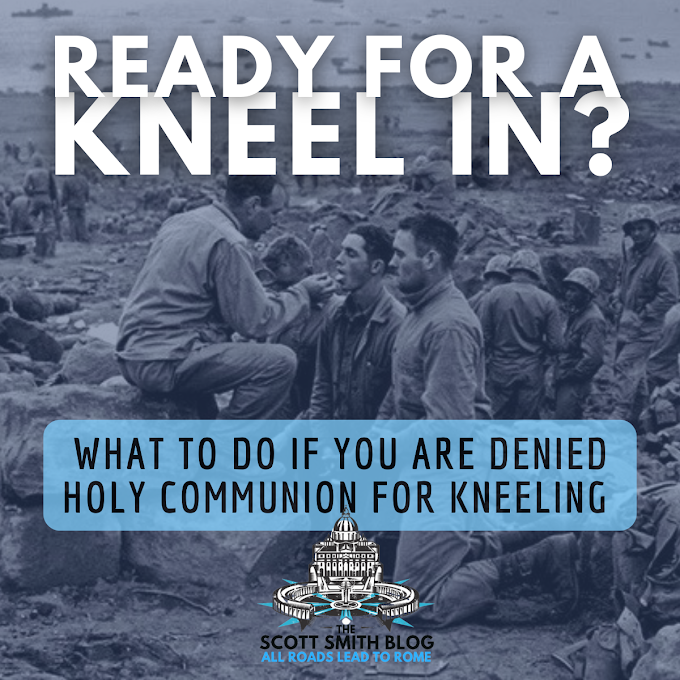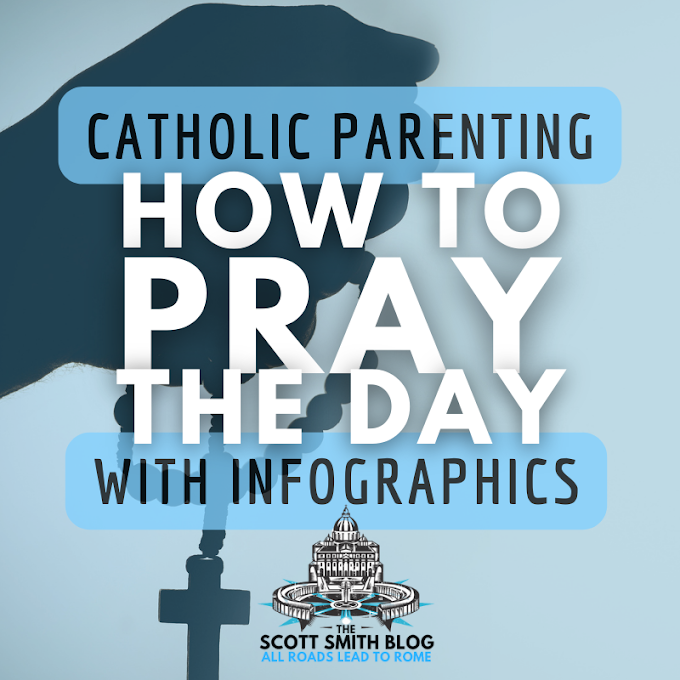There are nearly 70 million Catholics living in America. That's about one in every five Americans. Approximately 55% of these Catholics will die without a Will or any Estate Planning arrangements stipulating the importance of their religious values. That's nearly 40 millions Catholics!
Catholic religious issues are too often overlooked in Estate Planning. Beyond leaving legacies to the Church, your local parish, a Catholic school, or ministry, there are many other Catholic Estate Planning considerations.
Below you will find the 7 Steps for Catholic Estate Planning. This article begins with a simple Catholic Estate Planning Checklist ...
After that, we will go a few steps deeper, too. Many people hear the term Estate Planning and can’t help but yawn. When they attempt to read about the topic, they struggle to focus. The stress starts to build ... We will cover all this in nice, bite-size nuggets.
Future articles will also examine each aspect of Catholic Estate Planning, both legal and financial. Financial aspects include retirement, insurance, and taxes. The legal aspects of Catholic Estate Planning include the following:
- Letters of Instruction
- Selection of Guardians and Fiduciaries
- Charitable Giving, Planned Giving, Legacies, Bequests, and Financial Stewardship
- Powers of Attorney
- Living Wills and Health Care Proxies (including nutrition/hydration, pain relief, pregnancy, organ donation, Anointing of the Sick, and funeral provisions)
All the above aspects of Estate Planning can be tailored to Catholic values. Even small changes can make a tremendous impact to Catholics, their heirs, and the causes they believes in.
Estate Planning: A Christian's Most Important Act of Stewardship
71% of Americans say having a well-crafted estate plan would help them feel like a better spouse or parent. Why spend your life building up and working towards financial freedom only to lose it later in life simply for lack of planning?
Worse yet, why should your wealth, large or small die with you, when it could serve your heirs and your Church, feeding, clothing, and sheltering the needy? Such waste!
For Christians, Estate Planning may be the most important act of stewardship we will ever undertake.
First off, Let's Define "Estate Planning"
Your Estate is all of the assets and liabilities you have acquired during your life and at the time of your death. The point of Estate Planning is secure the maximum benefit from your resources now, at retirement or disability, and after death, as well.
People once regarded estate planning as only for the wealthy. Today, anyone who owns anything should develop a plan.
Estate Planning is the best way to pass your assets to family members, the Church, particular ministries, and others during life and at death, with minimum losses in taxes.
Here's the central question: Would you rather leave your estate to your heirs and the Church or the government?
Now, for those 7 Steps for Catholic Stewardship, Planned Giving, and Estate Planning:
7 Steps for Catholic Estate Planning
The following are steps you can take to start properly managing your estate. You can start all of these today.[1]
- Determine the Priorities of your Estate Plan. What do you want? Do you want a steady income for life to provide for yourself, your spouse, and your dependent children? Do you want to fund a particular church parish, ministry, or Catholic school? Do you want to ensure the transfer belongings and assets to family and friends? Set up education accounts? Bless a ministry or organization? Or all the above?
- Organize your Financial Records. Gather and keep information on your employment data, bank accounts, insurance records, investment data, tax returns, wills, deeds, and titles to any property you own or are paying for. Keep all records in a safe and accessible place.
- Educate yourself. Read articles and books on financial planning and attend financial seminars. These can help you discover new and better ways to take care of all God has entrusted to you.
- Choose your Advisors. Choose an Estate Planning Attorney, CPA, Insurance Agent, and Financial Planner. Sometimes your church parish will have a list of recommended professionals. These may serve you at a discounted rate if your estate plan benefits the Church. If you are Catholic, you should strongly consider using the insurance products offered by the Knights of Columbus, given their strong financial reputation and commitment to Church teachings. Unlike the KCs, many insurance companies do not come close to honoring the Church's values. Check out this article, for example: Top 5 Most Anti-Christian and Anti-Life Insurance Companies.
- Preserve your Estate. Review all the options for increasing, preserving, and transferring the assets of your estate. Consider tax-advantage vehicles which may be available to you, including 401(k)s, 403(b)s, IRAs, or other tax-deferred growth opportunities. There are also many charitable trusts and annuities and other gift tools which can be used to create income, receive tax deductions, and transfer assets.
- Formulate a Plan. Put the Plan in Action. One way or another, everyone will have an Estate Plan when they pass away. You can either write it yourself. OR, the state will determine your plan for you by operation of the law. The Estate Plan you write is the only one which will distribute your assets according to your wishes.
- Review and Revise your Plans and Documents on a Regular Basis. Do this yearly or when major changes occur in your life. Major changes might include having a baby, changing your investment strategies, changing your giving priorities, etc.
Successful Estate Planning develops a long-term stewardship program which actively manages personal and business assets for this and future generations.
Families and Estate Planning
Did you know 55% of people do not even have a Will? A Will is the most basic part of Estate Planning. A properly-written Will can spare your loved ones from unnecessary family squabbles.
Families are making Estate Planning a higher priority. You have the opportunity to discover God’s overall plan of stewardship for your life and family.
Through effective Estate Planning, you can make decisions today which will positively impact the future generations of your family. AND, a well-crafted legacy or endowment to your Church parish or local Catholic school may impact even more lives for the greater glory of God.
NEXT: Legal Aspects of Catholic Estate Planning
The legal aspects of Catholic Estate Planning include the following:- Letters of Instruction
- Selection of Guardians and Fiduciaries
- Charitable Giving, Planned Giving, Legacies, Bequests, and Financial Stewardship
- Powers of Attorney
- Living Wills and Health Care Proxies (including nutrition/hydration, pain relief, pregnancy, organ donation, Anointing of the Sick, and funeral provisions)
Estate Planning Footnotes:
[1] Adapted from Financial Freedom, More Than Being Debt-Free by Patrick Clements, as well adapted by Church Extension Plan.














31 Comments